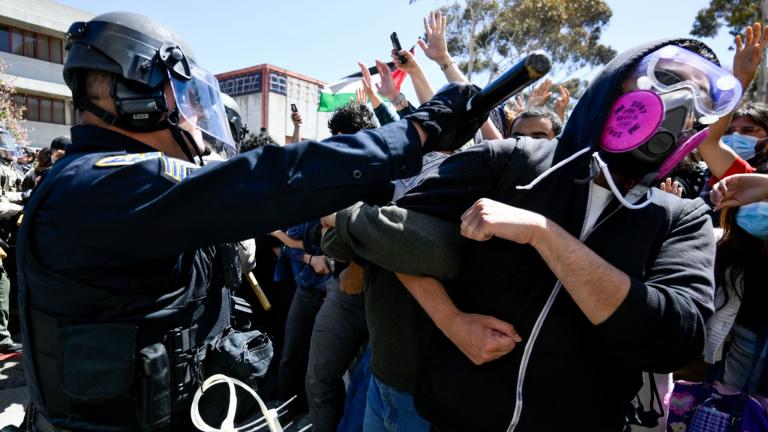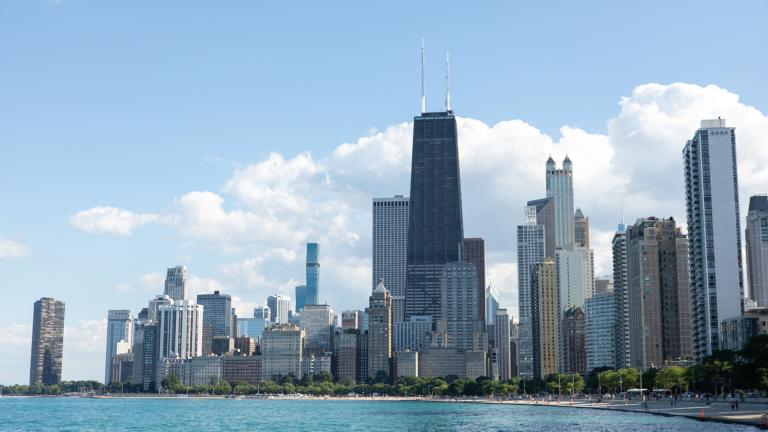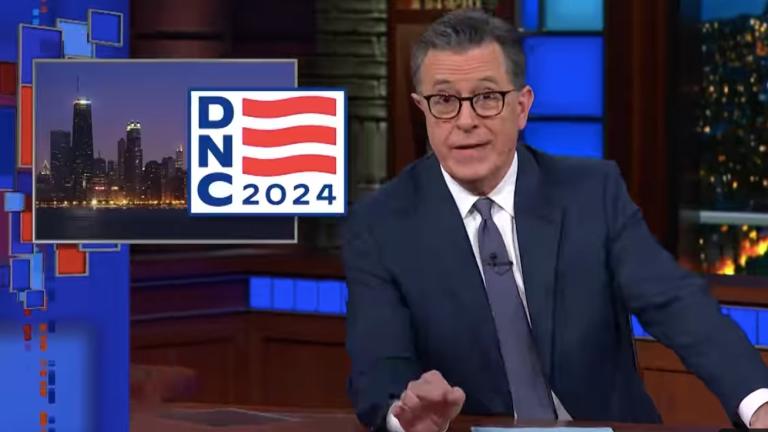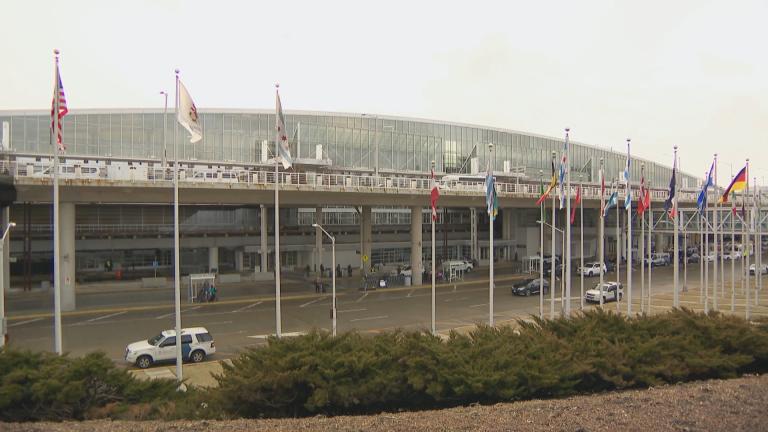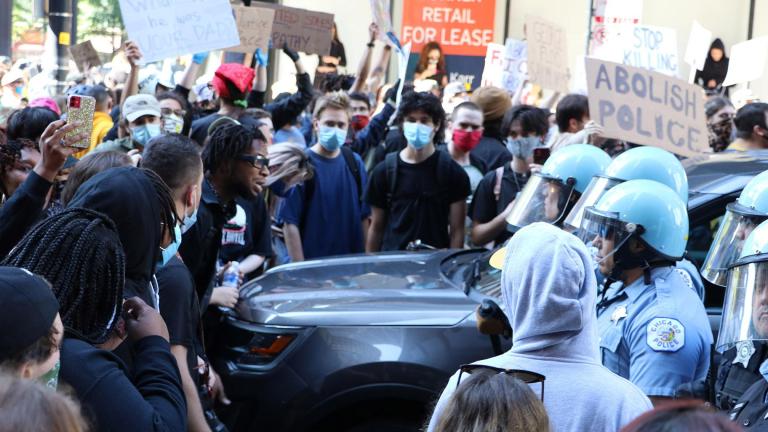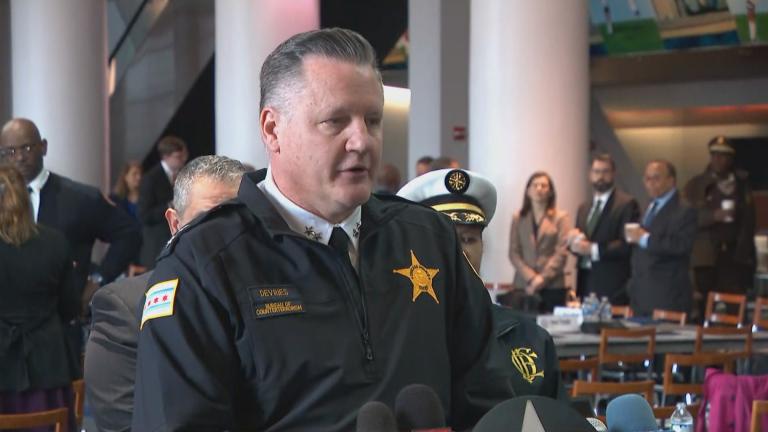Chicago is set to host the Democratic National Convention this summer. And although it will be the city’s 27th time hosting a national political convention, it’s tough to know what to expect from the event.
Perhaps that’s because Chicago conventions have been some of the most memorable, raucous and consequential in American history.
Take the first Chicago convention in 1860.
Republicans chose a young Illinois lawyer named Abraham Lincoln to be their standard bearer, even though Lincoln didn’t even attend the convention himself.
Then there was 1912, where the scene at the Republican convention was so tense that police and barbed wire surrounded the venue. It was former President Teddy Roosevelt versus his successor, the incumbent William Howard Taft. And while Roosevelt won most of the primaries, party leaders picked Taft anyway.
The next day Roosevelt supporters formed the new Progressive Party and six weeks later hosted their own convention, in the same building, naming Teddy their nominee.
In 1932 during the depths of the Depression, Chicago hosted both the Republican and Democratic conventions. Republicans nominated Herbert Hoover for reelection while the Democrats chose Franklin Delano Roosevelt, who introduced a landmark proposal for the New Deal.
The 1952 conventions were the first to be televised live, coast to coast. Both were held in
Chicago again, with Democrats nominating Illinois Governor Adlai Stevenson, even though he explicitly said he did not want the job. He went on to lose in a landslide to Republican nominee Dwight Eisenhower.
Fast forward to the infamous 1968 Democratic Convention, which descended into violence when Chicago police and Illinois National Guardsmen clashed with thousands of anti-war protesters in Grant Park, with Mayor Daley defending law enforcement.
The Democratic Party walked away having nominated Hubert Humphrey, and the party divisions highlighted in Chicago helped Richard Nixon beat Humphrey that fall.
It was 28 years before Chicago got a return engagement. And perhaps the most outrageous thing that happened in 1996 was delegates dancing “The Macarena” ahead of President Bill Clinton accepting his re-nomination.
So what’s in store for 2024? We’ll soon find out!

